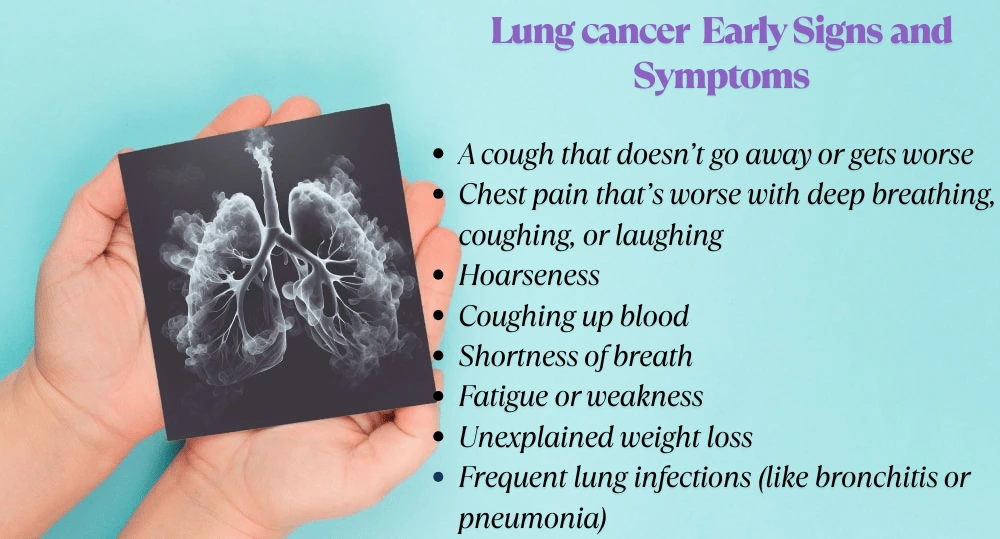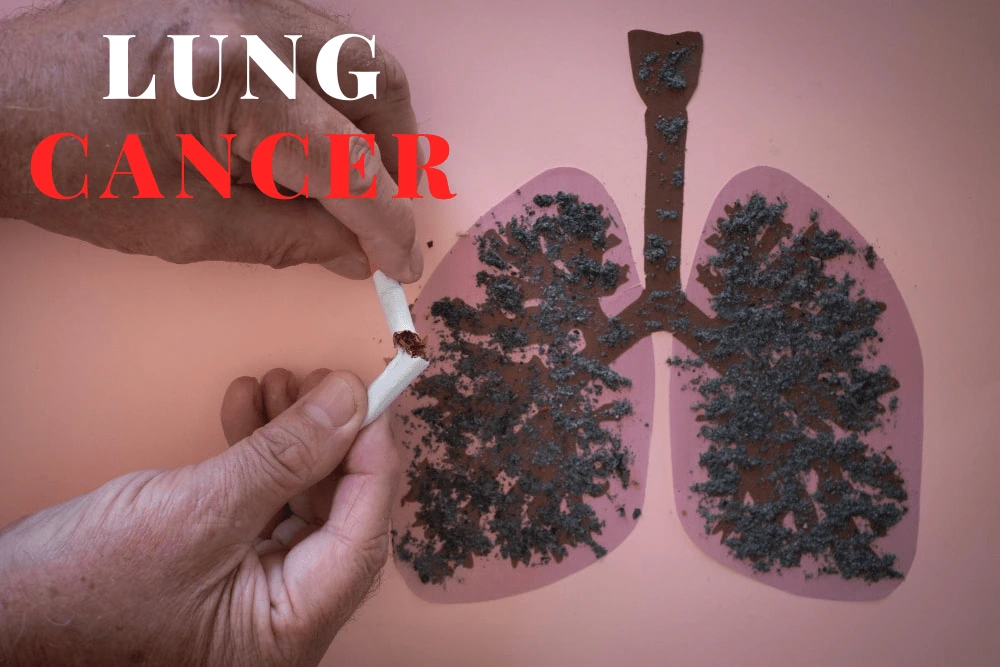Lung cancer is one of the most serious and common cancers in the world. For many, just hearing the words brings fear and uncertainty—often fueled by a lack of awareness and, at times, carelessness. People know that smoking is the leading cause of Lung cancer risks and recovery, yet many continue to smoke, putting their own lives—and the lives of their families and those around them—at risk. Secondhand smoke is just as dangerous, and choosing to smoke doesn’t only affect the smoker; it affects everyone nearby. It’s time to take this threat seriously and make informed choices for a healthier future. But also important questions. What causes it? What are the signs? And can it be treated or even prevented?
With greater awareness and earlier detection, there is more hope than ever before. Whether you’re looking to understand lung cancer for yourself or to support a loved one, knowledge is a powerful step forward.
What Causes Lung Cancer?
The number one cause of lung cancer is smoking 🚬. In fact, tobacco smoke is linked to around 85–90% of all lung cancer cases. But it’s not the only risk factor. Other causes include:
- Secondhand smoke exposure
- Air pollution
- Exposure to radon gas (a naturally occurring radioactive gas)
- Asbestos and other harmful chemicals
- Family history of lung cancer
- Previous radiation therapy to the chest
Even non-smokers can get lung cancer, especially if they’ve had long-term exposure to environmental risks.
Early Signs and Symptoms

Lung cancer often doesn’t cause symptoms in the early stages, which is why it’s sometimes found late. But as it progresses, signs can include:
- A persistent cough that doesn’t go away or gets worse over time
- Chest pain that intensifies with deep breathing, coughing, or laughing
- Hoarseness or changes in your voice
- Coughing up blood or rust-colored sputum (mucus)
- Shortness of breath or difficulty breathing
- Fatigue or general weakness that doesn’t improve with rest
- Unexplained weight loss with no change in diet or exercise
- Frequent lung infections such as bronchitis or pneumonia
If you or someone you know is experiencing any of these symptoms, it’s important to see a doctor right away.
How Is Lung Cancer Diagnosed?
Doctors use a combination of tools to diagnose lung cancer, including:
- Imaging tests – like X-rays, CT scans, or PET scans
- Sputum tests – to check for cancer cells in mucus
- Biopsy – removing a small piece of tissue to examine under a microscope
- Bronchoscopy – using a thin tube to look inside the lungs
The type and stage of the cancer will determine how it is treated.
Treatment Options
Treatment depends on the type of lung cancer (non-small cell or small cell), how far it has spread, and the person’s overall health. Common treatments include:
- Surgery – to remove part or all of a lung
- Radiation therapy – using high-energy rays to kill cancer cells
- Chemotherapy – using drugs to kill or stop the growth of cancer
- Targeted therapy – for cancers with specific genetic changes
- Immunotherapy – helping the body’s immune system fight the cancer
Some patients may receive a combination of treatments, and new advances are improving outcomes every year.
Can Lung Cancer Be Prevented?
While not all lung cancers can be prevented, many cases are linked to lifestyle and environmental factors. Here’s what you can do:
- Quit smoking – or never start. It’s the single most effective step.
- Avoid secondhand smoke
- Test your home for radon
- Use protective gear if you work around harmful substances
- Maintain a healthy diet and exercise regularly
Screening with low-dose CT scans is also recommended for people at high risk, such as long-term smokers over the age of 50.
Hope for the Future
A lung cancer diagnosis can be frightening, but it is not the end. Advances in early detection, treatment options, and personalized care have given many people a new chance at life. Survivors are living longer and with a better quality of life than ever before.
If you or a loved one is facing lung cancer, know that you are not alone. Support groups, healthcare professionals, and treatment teams are here to walk the journey with you.
Final Thoughts
Lung cancer is a serious disease, but it is no longer the hopeless diagnosis it once was. With awareness, early detection, and ongoing research, lives are being saved every day.
Take care of your lungs—because every breath is a gift.
Have questions or want to share your story? Leave a comment below or connect with us to keep the conversation going.




Pingback: Understanding Cancer: What Everyone Should Know - Do it yourself Live Life